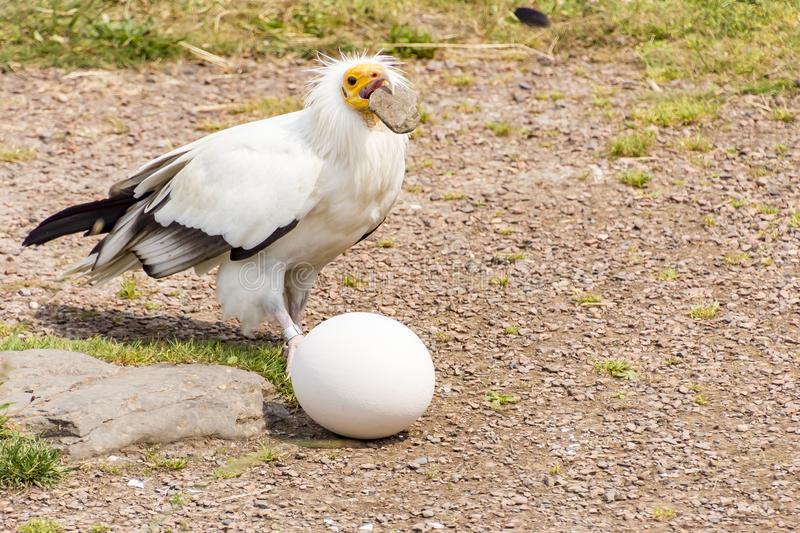Is genetic memory in higher life forms real? if so can, in theory, an organism be programed for a specific behavior or set of skills? Ie: if genetic memory is a mechanism that does exist, at what resolution, again theoretically, could it manifest itself.
Spiders and snakes inducing fear has been attributed to genetic inheritances. And the well known tropes of nest building for birds, and complicated webs woven by spiders. Which comes close to the mark I am aiming for. But more akin to how Neanderthals are depicted in Clan of the Cave Bear, where the Clan (the Neanderthals) possess "the Memories" specific skills and actual memories of places, smells, knowledge of herbal medicines etc. Though they were born with the Memories most had to be taught or "reminded" that they had them. For instance their speech was part of the Memories, as such as young were raised they only usually needed to hear or see a word or sign once to learn that word or sign, and would sometimes "unlock" ancillary vocabulary along with it.
I've tried to google around for this but there is far too much static on the subject to get a clear picture, to even how it is transmitted down generations, though DNA or 'other' means.
Im interested if genetic memories exist in higher life forms, would, in theory, it be possible to "edit" those memories?
EDIT: When I did my googling on this. the static I encountered were many fringe speculations and metaphysical type articles. Many "it seems to be" nothing on "WHY it seems to be". The hard information type articles where, nearly impossible to digest as they were at such a high level were completely beyond me. Or behind academic paywalls. When I say theoretically possible. Suppose a perfect understanding of a currently accepted reasoned theory. And the skills / tech to execute on that.
EDIT II: Genetic Memory, I have been informed, is not the term I should be concerned with. Instead please replace all occurrences with Instinct.

